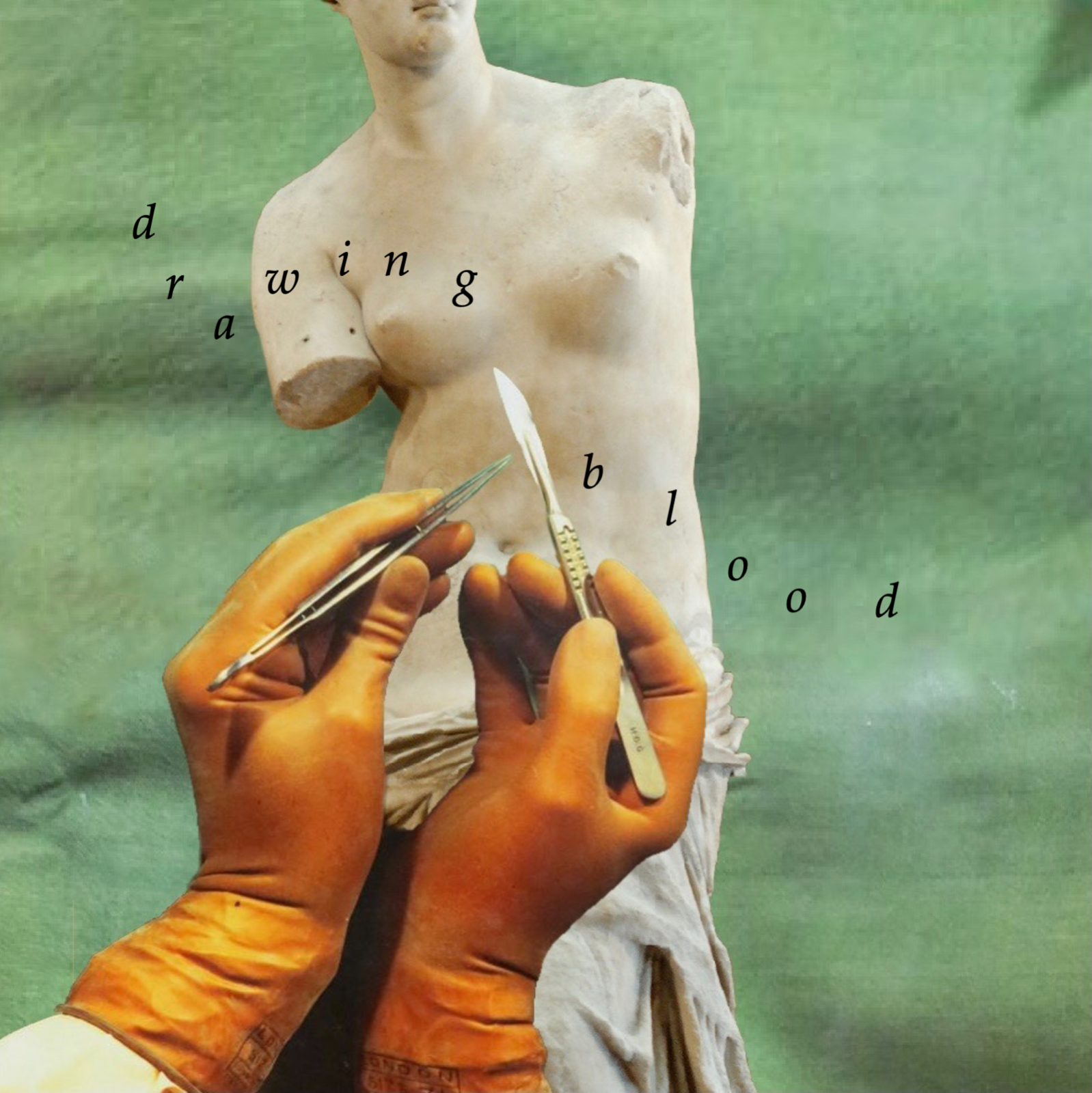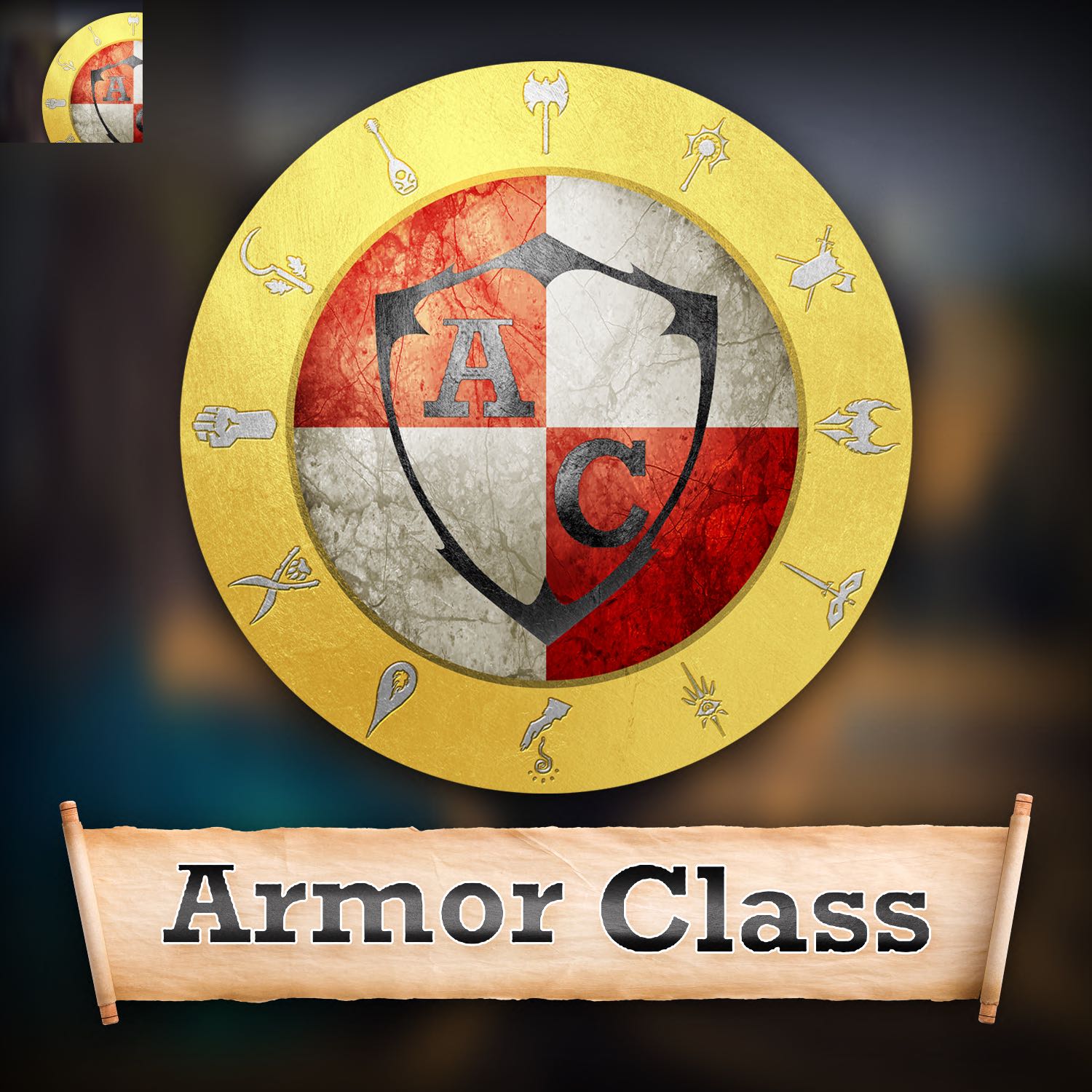Relics
I wrote this week about a weird old hobby of mine:When I lived by the river in London, I used to go mudlarking – a bit obsessively – along the Thames foreshore.Mudlarking is kind of amateur archaeology, basically looking for cool things in the mud and pebbles along the riverbank. The detritus of 2,000 years since Roman ‘Londinium’ is plastered in the mud; things that people dropped centuries ago, off boats, off jetties, intentionally or accidentally, getting into boats fleeing the Great Fire of London in 1666. Romans, Saxons, Tudors, Victorians, you name it.From my mudlarking days, I have a very impressive collection of pottery through the ages, countless clay pipes (the cigarettes of former times) — and even an ammonite fossil.This is all true. Years ago, I lived in Wapping and then Rotherhithe with my husband and young son.Wapping is a gentle curve and Rotherhithe a sharp spur of land that stick out into the Thames in east London, before the great bend at Limehouse, around the Isle of Dogs down to Greenwich. I took up mudlarking — with one eye on the past — when I saw the end of my marriage approaching.At the time, I worked long hours and had a small child. Those places had the inestimable value of being close to work. I used to walk down the river each morning — and, in the evening, ran home to put my son to bed, before returning to the office. That stretch of river is positively dense with humanity. Captain Kidd was tarred and feathered here, left to rot and be overcome by the tides. Turner’s mistress ran a public house off Wapping Green. Captain Cook married a local girl. Beyond the lights of Tower Bridge, past the ruins of Edward III’s fourteenth century moated hunting palace, there’s a teetering house next to the Angel pub from which Princess Margaret was reputed to have conducted a steamy affair with a naval officer back in the ‘60s. Old frigates were dismantled and stripped down here. At low tide, you can walk on carpets of ancient nails that held together keels and hulls. Once, I found in the mud a bowl, shattered but still intact. Did some cuckold throw it at his cheating wife, who ducked, so it sailed out the window into the soft mud?I pulled from the silt as many pieces as I could find — slicing my thumb severely enough to warrant a tetanus booster — and spent hours trying to piece them back together again, in a heroic but ultimately pointless effort at kintsugi. It’s quiet under the old warehouses now. They’re all multi-million pound flats, owned by bankers.—One day, at a pub along the river, I met a man who was having a quiet pint, with an array of clay pipes laid out in front of him.“What are those?”“Cigarettes, of the old days.” He told me they’re everywhere, down on the foreshore, because people would chuck them away all the time, like cigarette butts.As soon as he said that, I couldn’t unsee them. I couldn’t step more than a metre on any city beach without coming up with a handful. My marriage fell to pieces. I took up mudlarking on that great foreshore, littered with the remnants of thousands of lives.What is it that Lara Maiklem says? Mudlarking is time travel. Crunching underfoot, you can hear the screams, the crying baby and the shattered crockery with every step. Rare amidst the fragments, perhaps a wedding ring. It wasn’t just time travel for me; it was invisibility. Mudlarking was a commitment to erasing my significance in the immensity of time. I trawled the Thames foreshore, turning interesting stones, blowing sand from clay pipes. Magpie-ing any bright sherd











